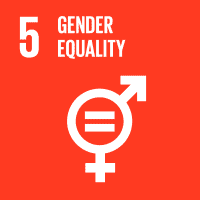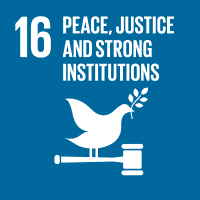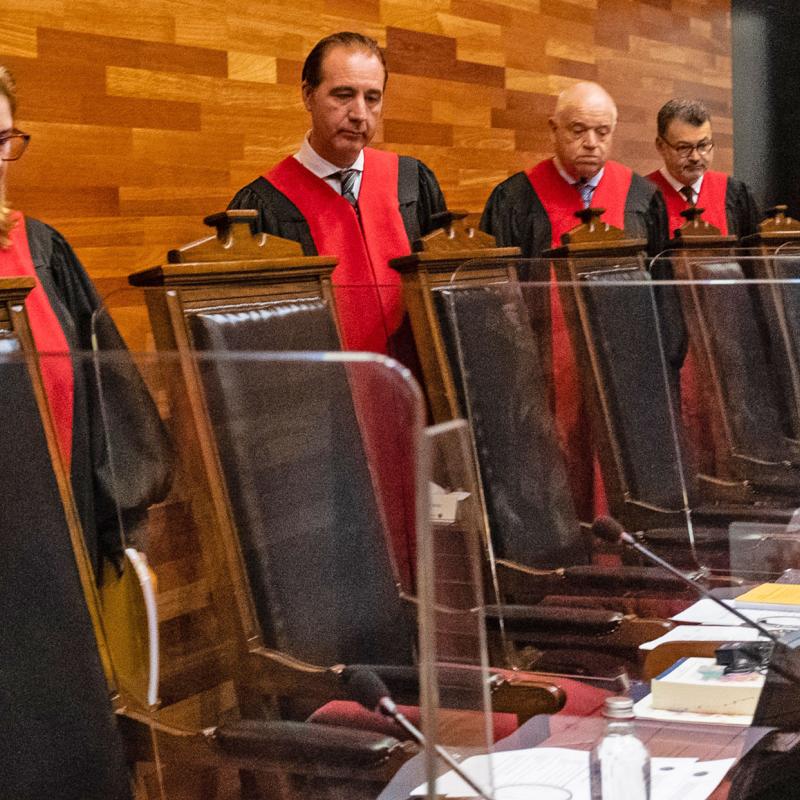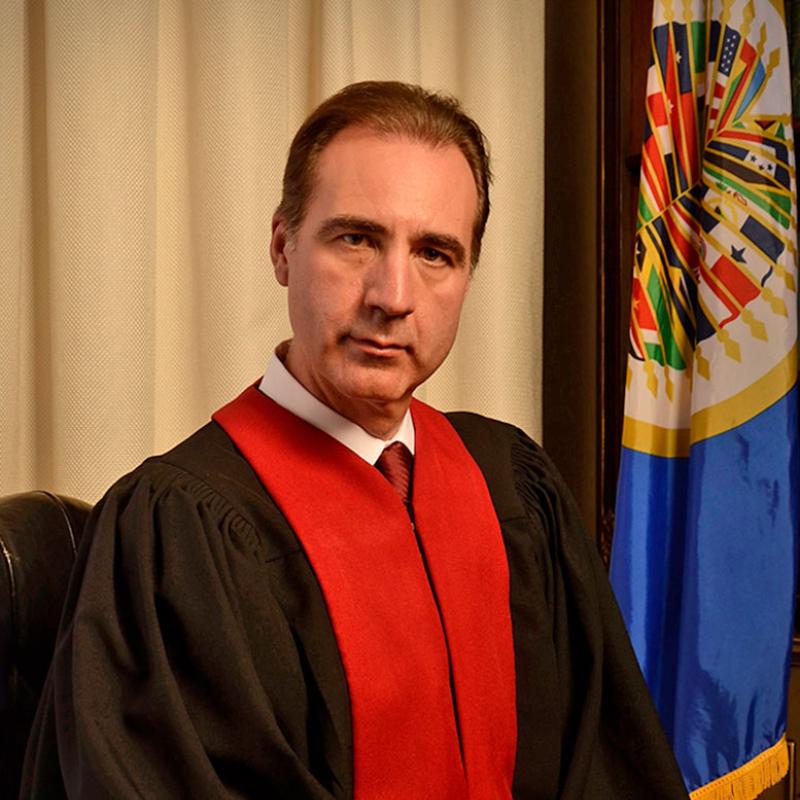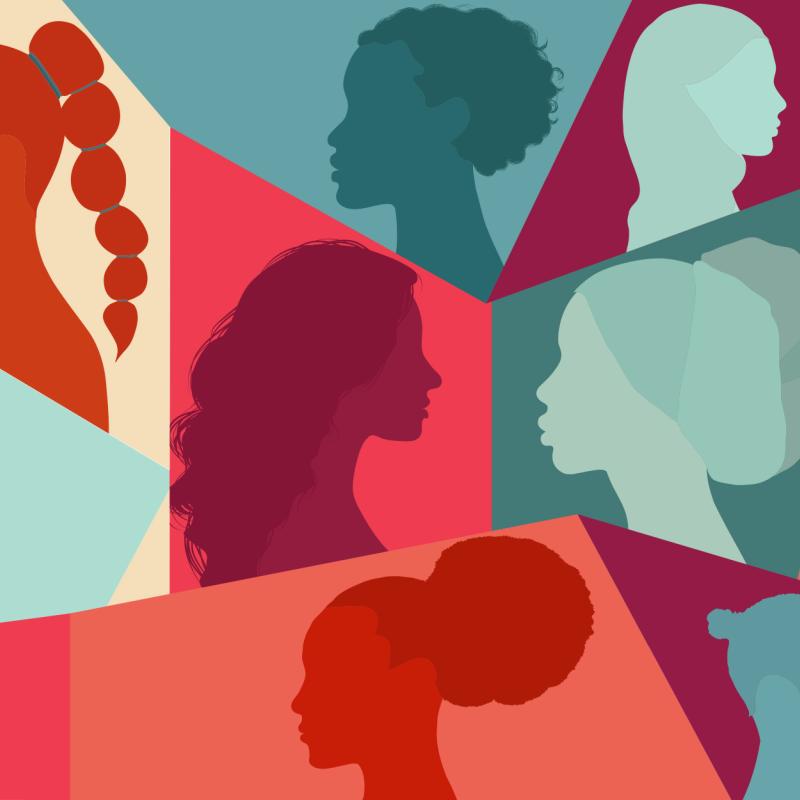With the International Regional Law and Access to Justice in Latin America project, GIZ is supporting human rights and the rule of law in Colombia, Costa Rica, Ecuador and Mexico. On behalf of the German Federal Ministry for Economic Cooperation and Development (BMZ), GIZ also supported the three regional human rights courts in setting up a permanent dialogue forum. The regular meetings at various locations are used to discuss topics of particular relevance to all three courts.
 Designed by Freepik, 3st kommunikation
Designed by Freepik, 3st kommunikation
Top trio for human rights
Since the start of 2024, all three regional human rights courts have been led by women, namely Nancy Hernández López in the Americas, Síofra O’Leary in Europe and Imani Daud Aboud in Africa. This is a first and sends a strong signal for legal systems and equal participation worldwide. GIZ supports the dialogue forum of the three human rights courts.
Fighting for human rights and democracy
Nancy Hernández López completes the line-up of women presidents of the regional human rights courts. She took office as President of the Inter-American Court of Human Rights (Corte Interamericana de Derechos Humanos, Corte IDH) at the beginning of 2024.
The 60-year-old Costa Rican has an impressive career behind her, characterised by a commitment to gender equality. ‘It still remains the exception for women to reach leadership and decision-making positions in the judiciary,’ stresses Hernández in an interview with akzente. ‘We must work for the continued presence and participation of women in these spaces,’ she says passionately.
Hernández was elected to the Corte IDH two years ago, having previously served as a judge in the Constitutional Chamber of the Supreme Court of Justice of Costa Rica. She has more than 30 years’ experience as a judge and a university professor and specialises in constitutional law, public law and human rights.
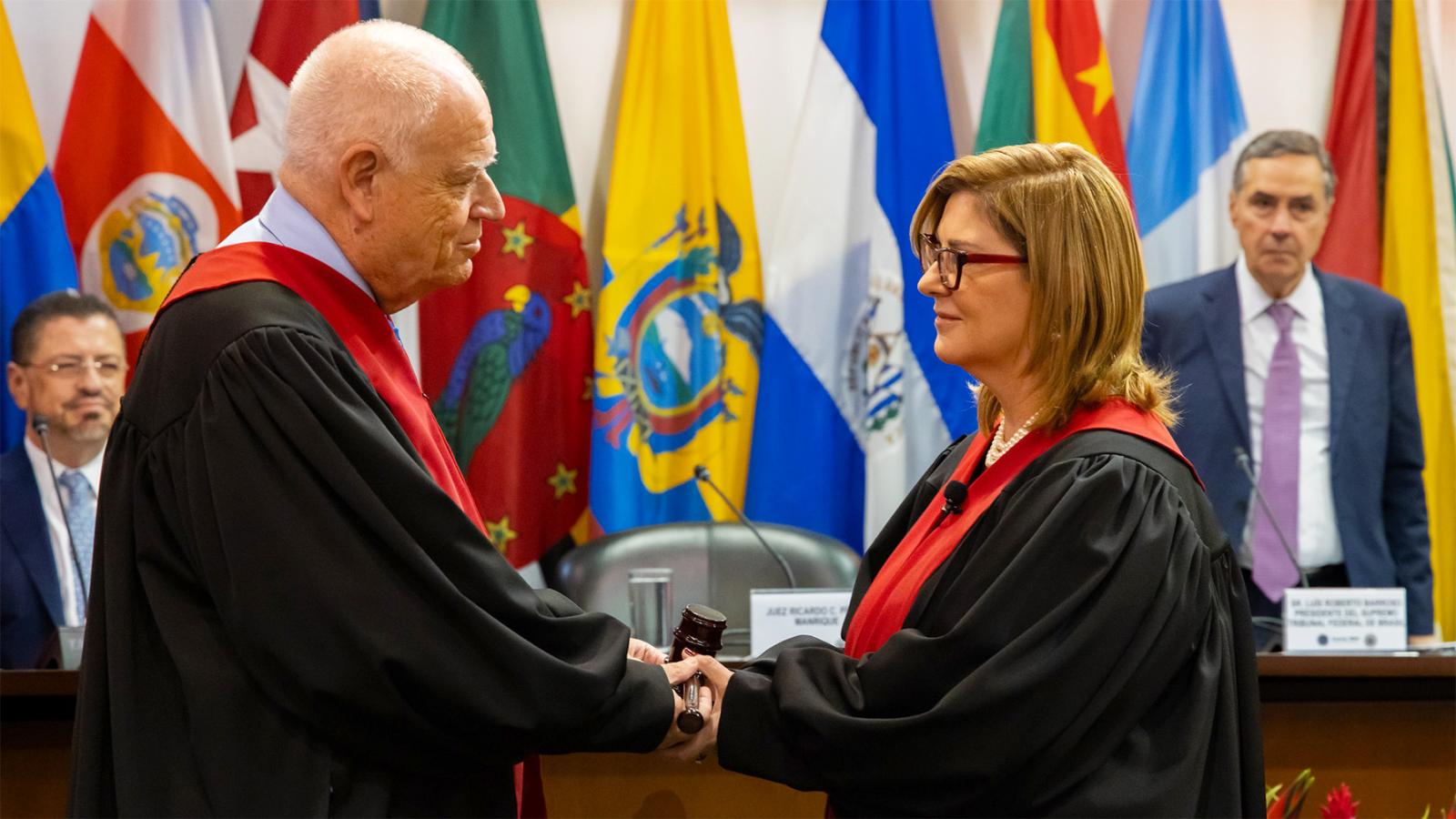 CorteIDH
CorteIDH
Inauguration of Judge Nancy Hernández López as President of the Inter-American Court of Human Rights
‘We must work for the continued presence and participation of women in these spaces.’’
However, Nancy Hernández López, now an internationally respected legal expert, nearly became an athlete instead. As a teenager, she was a member of Costa Rica’s swimming team and received an offer of a sports scholarship from the USA to train for the Olympics. She chose a different path and, at the age of 18, swapped the swimming pool for the university lecture hall in her home town.
Since then, law has been her passion. In Costa Rica, Hernández has been involved in drafting important human rights legislation and has advocated for vulnerable population groups, particularly those living with HIV. Hernández speaks plainly and candidly and is therefore widely considered an excellent interview partner on the topics of human rights and democracy.
She has repeatedly warned that trust in democracy and institutions is dwindling in the Americas. Concerned by this, she is a strong advocate of teaching young people about the accomplishments of democracy in schools.
Particularly in championing democracy and respect for human rights, Hernández sees the advantages of a woman’s style of leadership, which she describes as ‘open to cooperation and active in communication’. This also applies to cooperation between the three regional human rights courts. Through open dialogue, everyone can ‘learn from each other, effectively address current challenges and anticipate future ones,’ praises Hernández.
Incidentally, she is the third woman president of the Inter-American Court of Human Rights. The Corte IDH has comprised three women and four men since 2022.
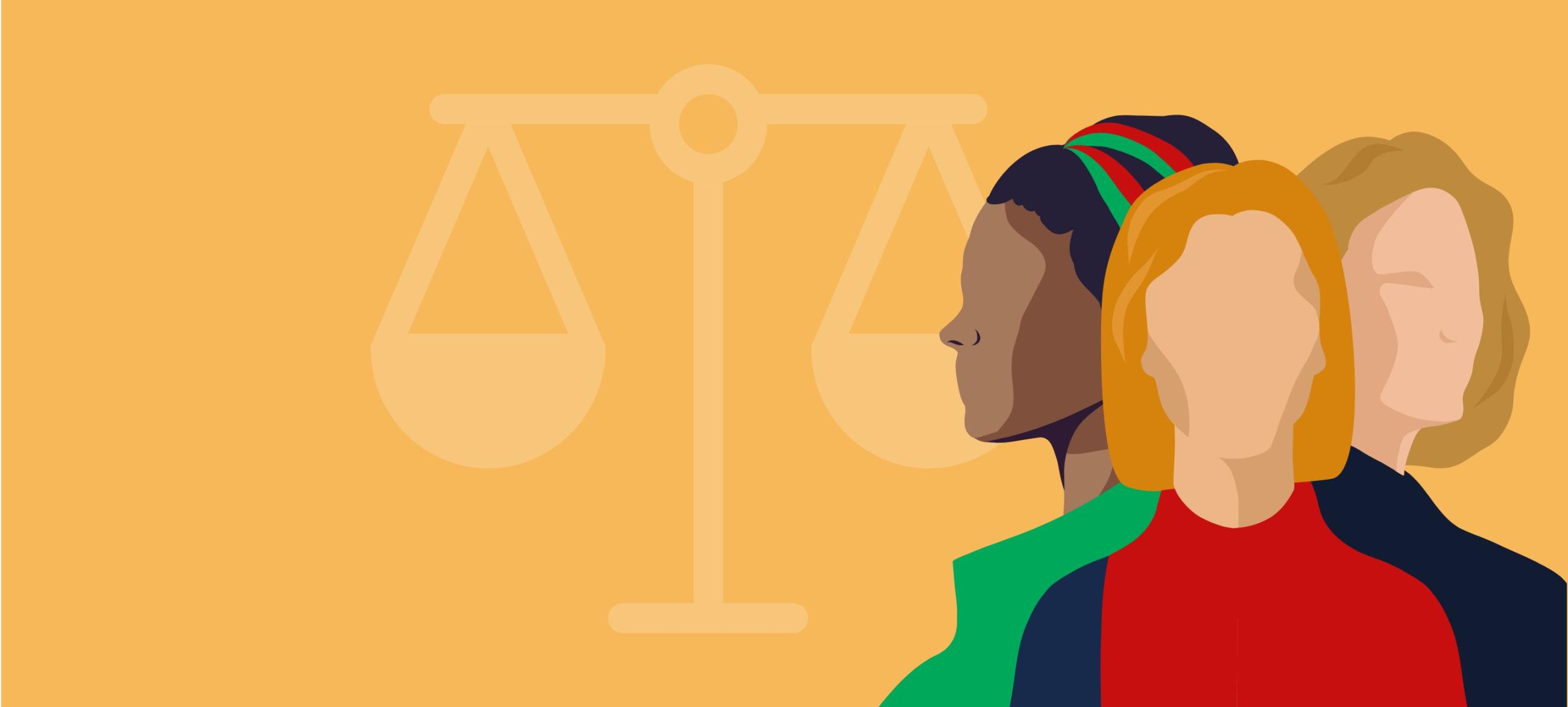 Ekaterina Anisimova/stock.adobe.com, 3st kommunikation
Ekaterina Anisimova/stock.adobe.com, 3st kommunikation
‘Inspiring women’
The three women presidents of the human rights courts in Africa, Europe and the Americas in an akzente interview.
more
First woman to hold the top position in Strasbourg
The European Court of Human Rights had a lot of catching-up to do with regard to gender equality when Síofra O’Leary was elected president at the end of 2022. She is the first woman to hold the top position in Strasbourg since the court was established in 1959. ‘It was not tenable to continue a long and unbroken line of male Presidents,’ emphasises O’Leary in an interview with akzente. ‘A human rights court needs to reflect the society which it serves,’ she adds. There are currently 16 women judges and 30 men judges serving on the European Court of Human Rights (ECHR).
Since 55-year-old O’Leary took over as president of the court, the court has handled some sensitive cases, including the issue of whether the United Kingdom can deport asylum seekers to Rwanda in Africa. The ECHR President made it clear at the end of January that any such decision on the part of the UK Government would constitute a violation of its obligations under the European Convention on Human Rights. Since the start of Russia’s war of aggression against Ukraine over two years ago, several thousand complaints against Russia have been filed with the court, and proceedings are pending.
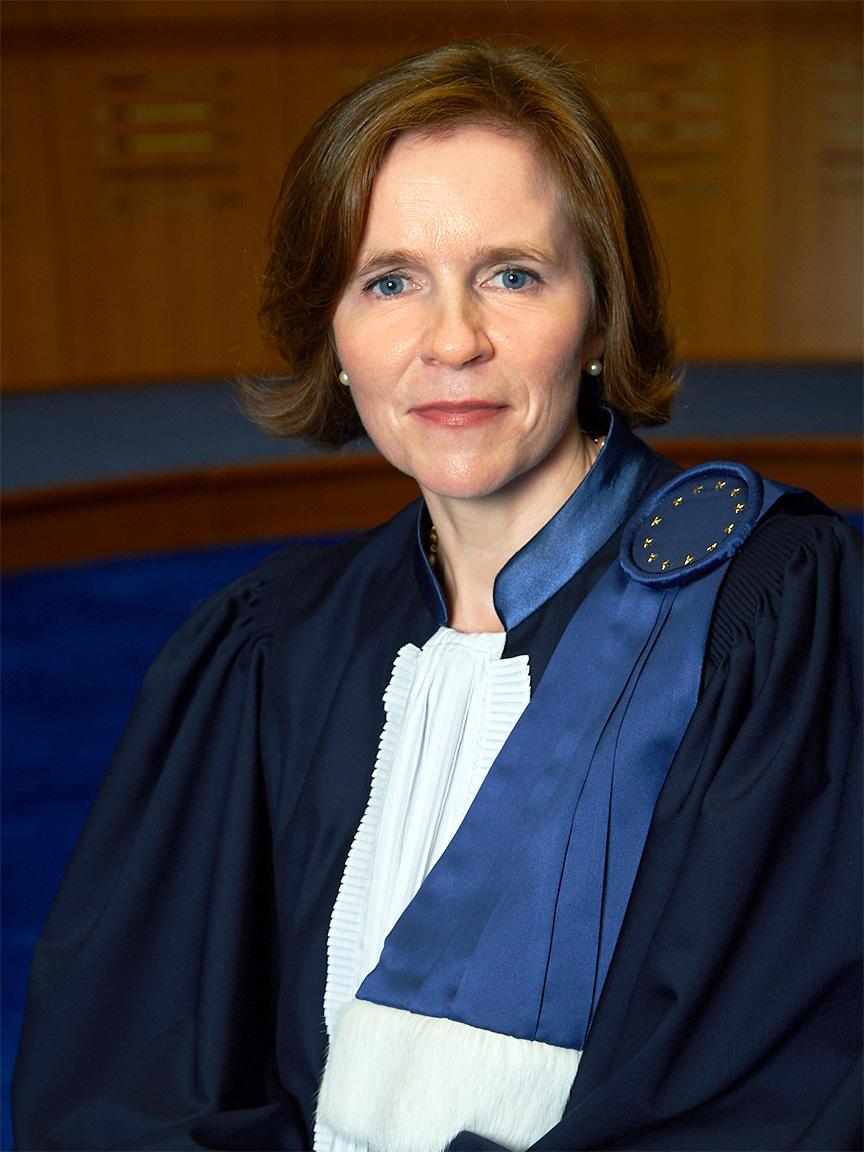 ECHR
ECHR
‘A human rights court needs to reflect the society which it serves.’
O’Leary has the experience needed to handle and assess these politically and legally complex cases with the required sovereignty and composure. She has been administering justice at the ECHR since 2015.
Born in Ireland, she is European through and through, having lived and worked in many European countries. She speaks multiple languages, including Spanish at near-native level.
O’Leary initially studied civil law in the Irish capital, Dublin, before obtaining a PhD in European law in Florence. She worked as a visiting fellow and research associate at the University of Cádiz and subsequently held similar positions in London, Cambridge and Dublin. She also has many years’ experience working at the Court of Justice of the European Union in Luxembourg.
Throughout her career in the European courts, she has repeatedly focused on topics that are close to her heart, such as asylum, freedom of opinion and expression, equal pay, pension entitlement for women, and European criminal procedural law.
As President of the ECHR, O’Leary has also addressed domestic and gender-based violence in her speeches. Bringing key issues to light in public and legal debate is important to her, especially in her top position.
One of Africa’s most important women judges
It is no exaggeration to say that Lady Justice Imani Daud Aboud is one of Africa’s most important women judges. Originally from Tanzania, she is President of the African Court on Human and Peoples’ Rights in Arusha. She was first elected to the court in July 2018. Three years ago, her mandate was extended by a second and final six-year term. The human rights expert has held the court’s top position since May 2021.
The African Court is the youngest of the three regional human rights courts. It has been overseeing compliance with civil and fundamental rights and freedoms in accordance with the African Charter on Human and Peoples’ Rights since 2006.
Aboud is the second woman president of the African Court, but the first to preside over a senate with near parity, comprising six men and five women judges. ‘The Court has notably impacted the fight against violence towards women and the promotion of women’s rights through landmark judgements,’ says Imani Daud Aboud in an interview with akzente, emphasising how important these topics are to her personally.
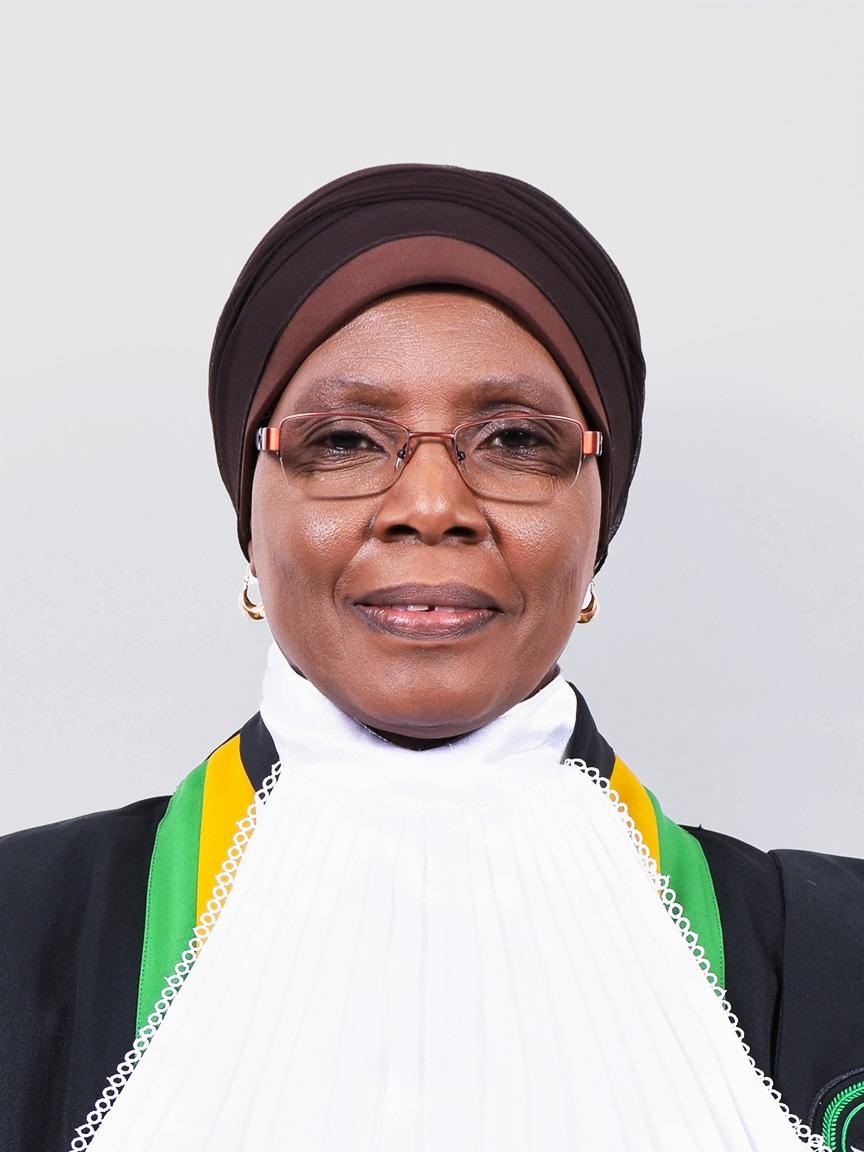 African Court on Human and Peoples’ Rights
African Court on Human and Peoples’ Rights
‘Cooperation between our courts is our shared commitment to upholding and advancing human rights globally within our different continents.’
The 60-year-old has a great deal of experience. Aboud studied law in Malta and in Dar es Salaam in Tanzania. She is currently also a judge of the High Court of Tanzania. Unlike on the European Court of Human Rights, the team of judges on the African Court can only work part-time, like their Inter-American counterparts.
Imani Daud Aboud has been active on the international stage for many years. For example, she has represented the Tanzanian Government at human rights conferences and regularly produces reports for the United Nations and the African Commission on Human and Peoples’ Rights. She praises the cooperation with the two other regional human rights courts: ‘It is our shared commitment to upholding and advancing human rights globally within our different continents.’
During a visit to Costa Rica, Aboud emphasised the importance of the independence of the judiciary and individual judges. In an interview with the TV channel of the Inter-American Court of Human Rights, she spoke about how this is constantly under threat from governments and other institutions: ‘It is particularly important for us that we have the trust of the people we serve. They need to know that we are there for them and that we will protect their interests.’ Her opinions in this respect are in alignment with her fellow presidents at the other human rights courts.
Editorial Note: Síofra O'Leary's regular term of office as a judge at the European Court of Human Rights (ECHR) ended in July 2024.
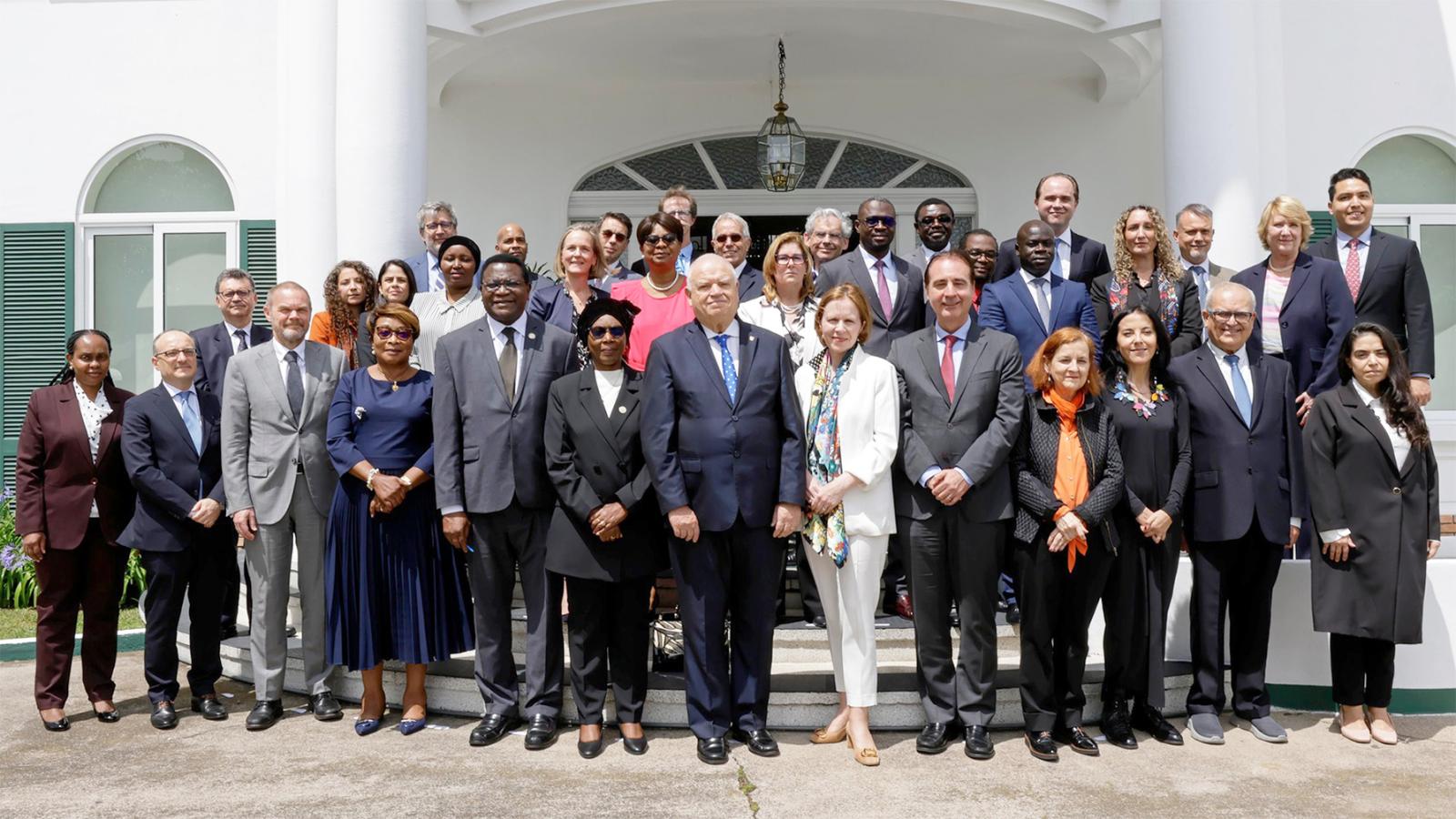 GIZ
GIZ
Meeting of the three regional human rights courts in San José, Costa Rica in 2023
